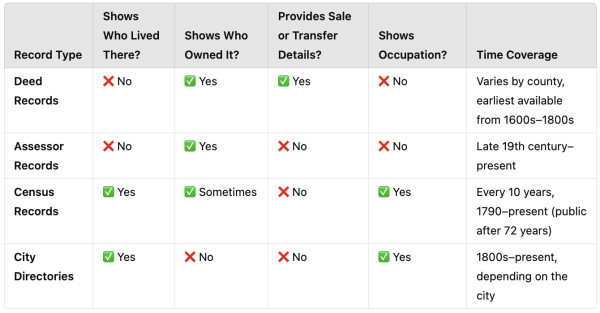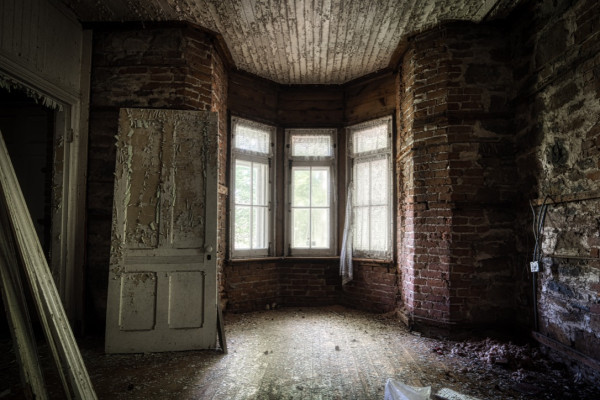Simple Steps to Buy an Abandoned Property in the US
According to the Washington Post, approximately 1.5 percent of all residences in the United States are currently vacant even though the majority of housing markets are lacking homes for sale.
May 10, 2024

According to the Washington Post, approximately 1.5 percent of all residences in the United States are currently vacant even though the majority of housing markets are lacking homes for sale. Of the current vacancies, there are 8,700 zombie properties and 282,800 foreclosures across the nation. Although many people consider purchasing an abandoned asset for its significant profit potential, they usually don’t go through with it due to budget constraints, time limitations, safety concerns, or renovation unfamiliarity.
Search Stage
In this stage, you might have an idea of what kind of property you are looking for but are unsure of what the budget and time implications are. As we speak, you may already be in this stage if you have become obsessed with exploring abandoned properties on Google, YouTube, Zillow, and realty sites. During this time you may also want to check out the County Executive Office where the property is located, which holds both occupied and abandoned property details. Some county offices might not have an abandoned property list, but they will definitely have a list of properties that are behind in taxes. To best utilize the county office, find your desired property, and find out if it is actually abandoned by talking with locals. You can also review realtor websites that publish foreclosed property sale opportunities, prices, and additional information.
Approach Stage
If you find a suitable property in your price range, attempt to contact the owner by researching the property and relevant tax records, talking with neighbors or local authorities, sliding a note under the door, or contacting the local Land Registry Office. If the property has been foreclosed, the financial institution might mind your note and contact you about selling the home. If the asset belongs to an unidentifiable owner, it might already be owned by a financial institution or realtor. If this is the case, you should google the property address to find out how to contact them directly. Once you find out more about the property and are interested in pursuing the investment, partner with financial investment, and realtor experts to conduct market research, analyze purchase decisions, and best leverage negotiation factors.
Checking Stage
If you purchase a foreclosed property you may be responsible for pending tax liabilities, as well as incur unexpected maintenance and restoration costs. Before shaking hands with the seller, invest in a professional inspection. During the inspection check for structural damage, flooring and ceiling integrity, electrical and plumbing impairments. If you are not a renovation expert, make sure to partner with professionals and organizations you trust to properly plan and budget your project. Examine the surrounding neighborhood to ensure you feel a sense of community in a safe area with plenty of amenities.
Procurement Stage
Once the purchase is made, make sure that the paperwork is completed thoroughly and accurately. The rules and regulations for purchasing abandoned and foreclosure property rules vary from state to state. To ensure a hassle-free buying experience, consult a property lawyer. Post-purchase, keep the documents safe, and digitize copies for security.
Buying an abandoned property can be a smart financial move if you carefully weigh the pros and cons of your options throughout the consideration process. Do you have an abandoned property you are interested in exploring? Contact a realtor today!

Deed Records, Assessor Records, Census Records, and City Directories: How Each Helps You Uncover a Home’s Previous Homeowners
Want to trace your home's past? Learn how deed records, assessor records, census data, and city directories work together to reveal former homeowners and residents.

How to Renovate Abandoned Properties
During your life you have probably come across one or two abandoned properties you have considered buying or selling.

Comprehensive Guide to Architectural Styles: How to Identify Your Home’s Architecture
Not sure if your home is Tudor, Craftsman, or Mid-Century Modern? This comprehensive guide breaks down architectural styles with photos and defining characteristics to help you identify your home’s unique history.

1709 Broderick Street: The Real Full House Home in San Francisco
Step inside the history of 1709 Broderick Street, the real Full House home in San Francisco. From its 1883 Victorian beginnings to TV fame, this house has stories to tell.